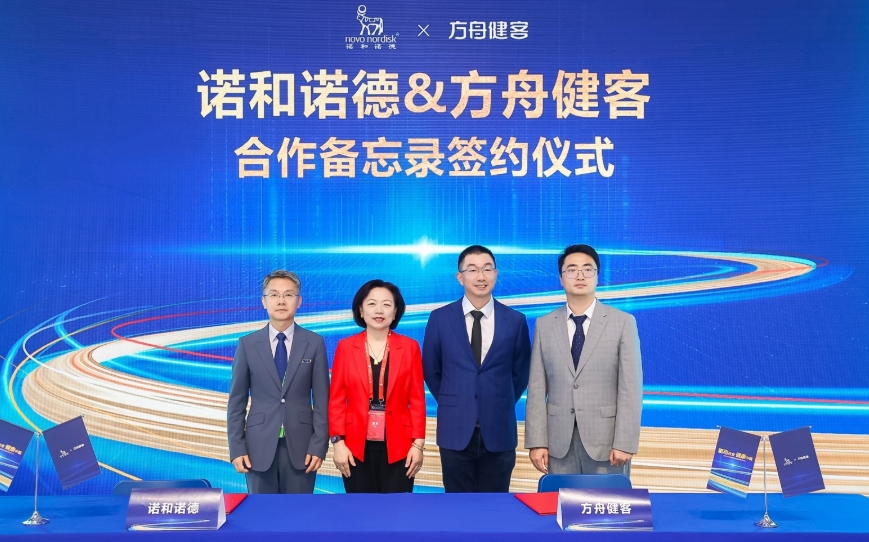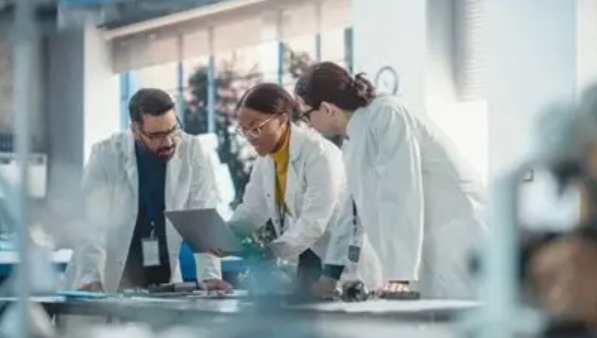
Throughout my career, I have had the privilege of contributing to an industry that is at the forefront of scientific innovation and healthcare transformation.
My Career Journey
From a young age, I had an insatiable curiosity and a fascination both with life sciences and health sciences. These early seeds ultimately led to my pursuit of an advanced degree in pharmacology, a post-doctorate and a faculty position at the University of Pittsburgh School of Medicine. I then spent six years in a biotech startup, and eventually a fulfilling 20+ year career with Thermo Fisher Scientific.
At Thermo Fisher, I have served in various technical, business and commercial leadership roles, allowing me to channel my persistent enthusiasm for science into meaningful contributions to the advancement of scientific research and innovation and most recently, cell and gene therapy. The common denominator in all my academic and professional experiences has been my desire to advance science or technology for human health applications.
Today, as the Vice President of Cell, Gene and Advanced Therapies at Thermo Fisher Scientific, I see first-hand the profound impact that our work has on the world. We are driven by improving the quality of human life through the development of new therapies, medical devices, diagnostics and agricultural advancements. Advanced therapies arguably represent some of the most promising frontiers, offering potential cures for previously untreatable conditions.
Access to Advanced Therapies
Cell and gene therapies provide opportunities to not just treat but potentially cure diseases by addressing the underlying genetic factors that cause such illnesses. Despite immense progress in this space, the journey from research to patient access is not without its challenges.
For example, one of the significant hurdles in the cell and gene therapy industry is the complexity and cost of manufacturing. The processes involved are highly customised and often require manual steps, which can be labor-intensive, inconsistent, and error-prone. This restricts the ability to scale the production of these therapies at the highest quality standards that will be affordable for patients.
In my current role, I work in a diverse ecosystem committed to addressing these and other challenges, including the development of automated and standardised manufacturing processes. By reducing complexity and cost, we can help make these life-saving therapies more accessible to patients worldwide.
Inspiring the Next Generation
Early in my career, there were far fewer women scientists to look up to, and at times it was hard to see myself turning my passion into a lifelong career. Now, there are many women pioneers in the biotech space, like Frances Arnold, who won the Nobel Prize in Chemistry for pioneering work in directed evolution, enabling the redesign of enzymes with new or improved functions. Jennifer Doudna and Emmanuelle Charpentier are trailblazers in my current area of expertise, as they revolutionised gene editing through CRISPR-Cas9, a bacterial system they modified to make precise cuts in DNA and unlocking broad applications ranging from crop science to human health. When they won the Nobel Prize in Chemistry in 2020, it was the first time two women won a Nobel prize in science.
I’m inspired by the contributions of more women role models at the forefront of scientific discovery, especially in biotech and cell and gene therapy. I’m lucky to be a small part of such a large group of women globally, whose work is helping find cures to life-threatening diseases once thought incurable. I hope we keep inspiring future generations to cultivate their passion for science, serving as mentors and role models to demonstrate that a science career is both attainable and deeply rewarding.
Shaping Tomorrow Together
My personal and professional journey has been shaped by the values of perseverance, integrity and a belief in the power of collaboration. The significance of working together in biotech is crucial as our collective scientific progress is accelerated through diverse experience and expertise from the public and private sectors, as well as nascent and mature economies. Ultimately, it drives the development of advanced therapies and improves patient access to life-saving treatments. As we look to the future, I am inspired by the many ways we will continue to advance innovation and help develop potentially life-saving therapies for patients who need them most.
Betty Woo, PhD, Vice President, Cell, Gene and Advanced Therapies, Thermo Fisher Scientific, Pennsylvania, United States




